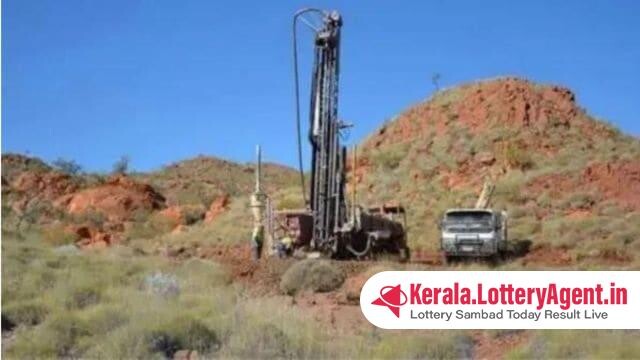
In a strategic move to strengthen its electric vehicle (EV) sector and lessen dependence on China, India is actively pursuing international collaborations for technical assistance in processing lithium. Four individuals, who are privy to these developments but requested anonymity due to the confidential nature of the talks, revealed that the Indian Ministry of Mines initiated high-level discussions with counterparts and industry specialists from Australia and the United States in the previous year. These endeavors are part of a broader plan that includes exploring potential partnerships with Bolivia, Britain, Japan, and South Korea for acquiring lithium processing know-how.
Moreover, Russia has shown interest in this area, with executives from TENEX – belonging to the state-owned nuclear corporation Rosatom – approaching Indian officials. These Russian representatives have held a minimum of two meetings with Indian authorities in the current year, suggesting collaboration and sharing of their lithium processing technologies with Indian enterprises.
As the world’s third-largest emitter of carbon dioxide and a massive importer of oil, India’s determination to establish its own lithium mining industry is driven by a need to mitigate its greenhouse gas emissions and reduce oil reliance. A senior Indian government official with intimate knowledge about the plans stated, “India requires technology to process lithium and we are aiming for self-reliance, one potential route being through partnerships.”
The talks, however, came without public confirmation, as individuals from TENEX, Russia’s Ministry of Industry and Trade, and India’s Ministry of Mines did not respond to comment requests. Rosatom similarly withheld comment.
India’s first steps toward independence in the sector have begun with the auctioning of mining rights for lithium deposits discovered last year in the Jammu and Kashmir region and the central state of Chhattisgarh. A variety of companies, including Ola Electric backed by SoftBank, Shree Cement, state enterprise Coal India, mining giant Vedanta Ltd, and Jindal Power, have submitted bids for these critical mineral blocks. The authorities have announced that a shortlist of bidders will be disclosed by July.
The winning bidders will not only gain exploration and mining rights for lithium but also are expected to take on the responsibility of processing the crude material into lithium concentrates or chemicals suitable for the battery industry.
Some bidding companies have opened channels with foreign firms for technical support regarding the establishment of lithium refining plants. An insider from Shree Cement revealed they are in dialogue with an Australian entity for technical advice on constructing a refinery estimated to cost between $600 million and $700 million; however, the company’s name was not disclosed.
Analysts predict that even with international assistance, India will need several years to progress from mining lithium to producing battery-ready materials. Ritabrata Ghosh, vice-president and sector head of corporate ratings at ICRA Ltd., points out that the transition from discovery to commercial lithium production typically spans four to seven years. He further explains that India requires external technical expertise in ore processing steps such as beneficiation – to extract ore from waste rock – and in methods like hydrometallurgy, leaching, and pyrometallurgy for metal separation.
Without domestic processing plants, there’s a looming concern that Indian firms might have to depend on China for processing their lithium ores and re-importing the refined metal. Ganesh Sivamani, a research associate at the Centre for Social and Economic Progress, a think tank based in New Delhi, echoed this sentiment due to China’s dominance in the global lithium processing market, handling almost two-thirds of the world’s capacity.
To counteract this and promote indigenous processing capabilities, India’s major policy advisory body, NITI Aayog, has proposed incentives for the establishment of lithium refineries. Projections by NITI Aayog anticipate that India’s battery sector will need yearly access to approximately 56,000 metric tons of lithium carbonate by 2030 to maintain its growth, underscoring the vital necessity of these collaborative efforts.












